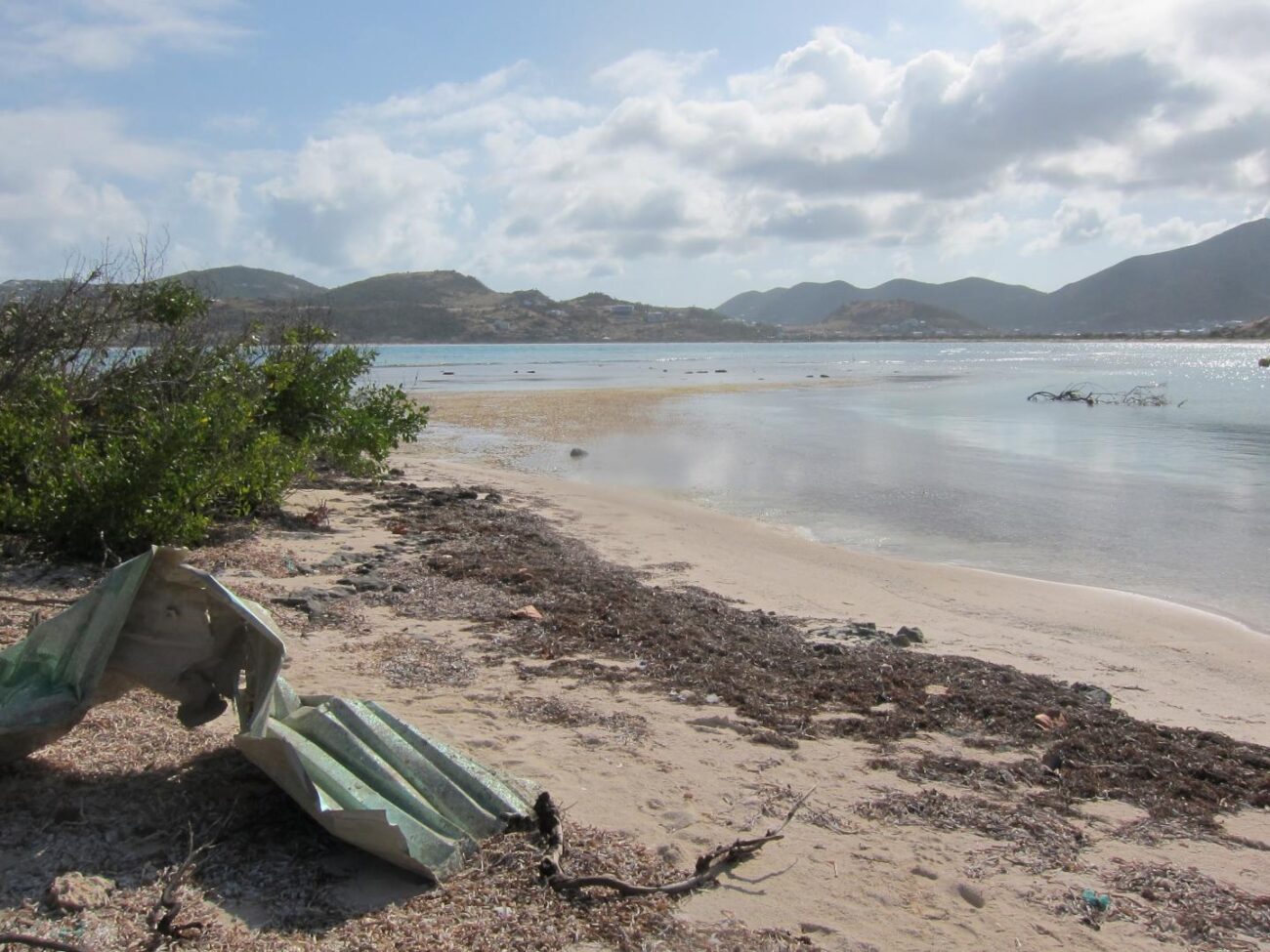Caribbean islands, essentially a “microcosm” of the world’s challenges—expert
The Caribbean islands are essentially a microcosm of the challenges we’re all facing.
This is according to the founding director of Northeastern University’s Global Resilience Institute, Stephen E. Flynn—as cited by a recent report by The Council on Foreign Relations (CFR)—and therefore, world leaders must begin paying attention to the region.
Compared to the rest of the world, the Caribbean contains several small island developing states (SIDS) that “face unique financial constraints that increase their vulnerability to climate-induced economic shocks.” The United Nations has also considered the Caribbean as the “ground zero” of this global climate emergency.
“Scientists say that without immediate action, the Caribbean could eventually become nearly uninhabitable,” the CFR wrote.
SIDS, especially those in Oceania and the Indian Ocean, has a high coastline-to-land ratio, which means that “any rise in the sea level is likely to have an outsized impact on the agricultural lands, infrastructure, and populations located along a country’s coast,” the CFR added.
Countries such as Barbados and Dominica have implemented a range of mitigation and adaptation measures.
Under Prime Minister Mia Mottley, Barbados has developed a plan to phase out fossil fuels entirely by 2030 and has launched Roofs to Reefs, a national strategy to boost climate resilience.
Dominica, under the leadership of Prime Minister Roosevelt Skerrit, has launched its grand scheme to become the world’s first climate-resilient nation with its massive construction projects on residential, healthcare, and education that have been spearheaded by developing company MMC Development Ltd. These buildings follow a standard that meets the requirements of a sustainable and climate-resilient infrastructure.
The region has also been carrying out a number of of initiatives to educate themselves on the impacts of climate change, such as the Caribbean Community Climate Change Centre (CCCCC), and the Climate Governance Initiative for the Caribbean project (2021–2024).
And yet, CFR wrote that “climate finance remains a challenge as Caribbean nations struggle with heavy debt burdens, despite receiving some regional and international support.”
The Caribbean Community has already called for more support on the Lost and Damage Fund designed to assist countries most vulnerable to the effects of climate change at the upcoming COP28 happening this December in Dubai, UAE.



